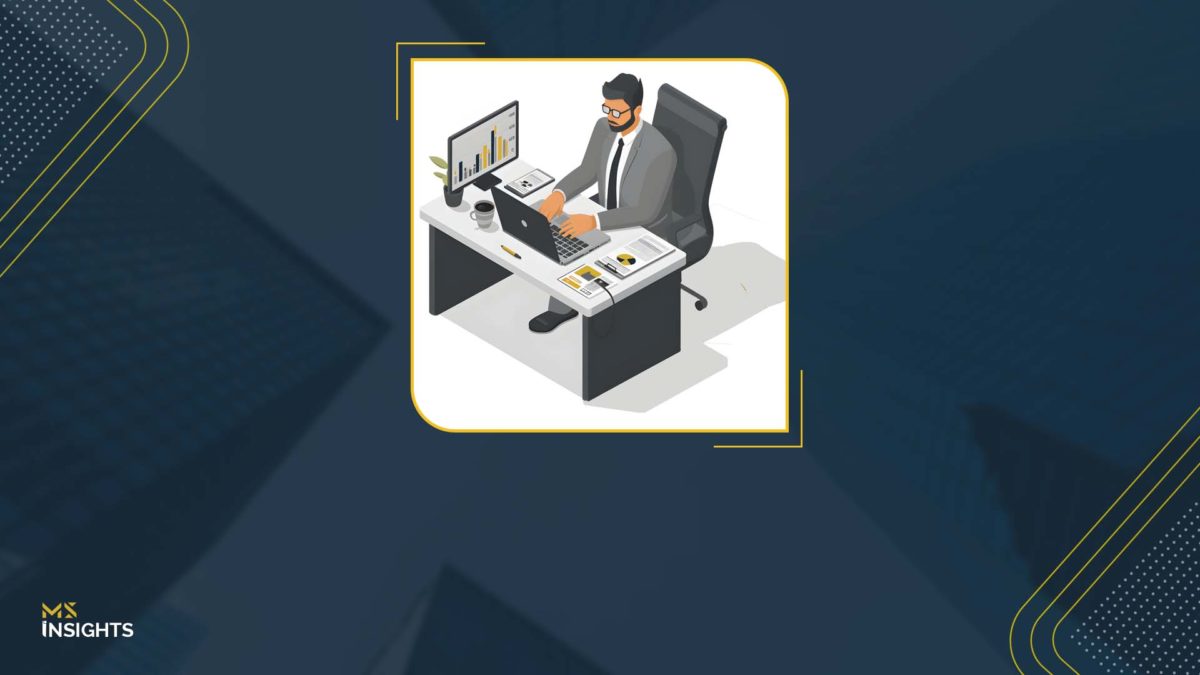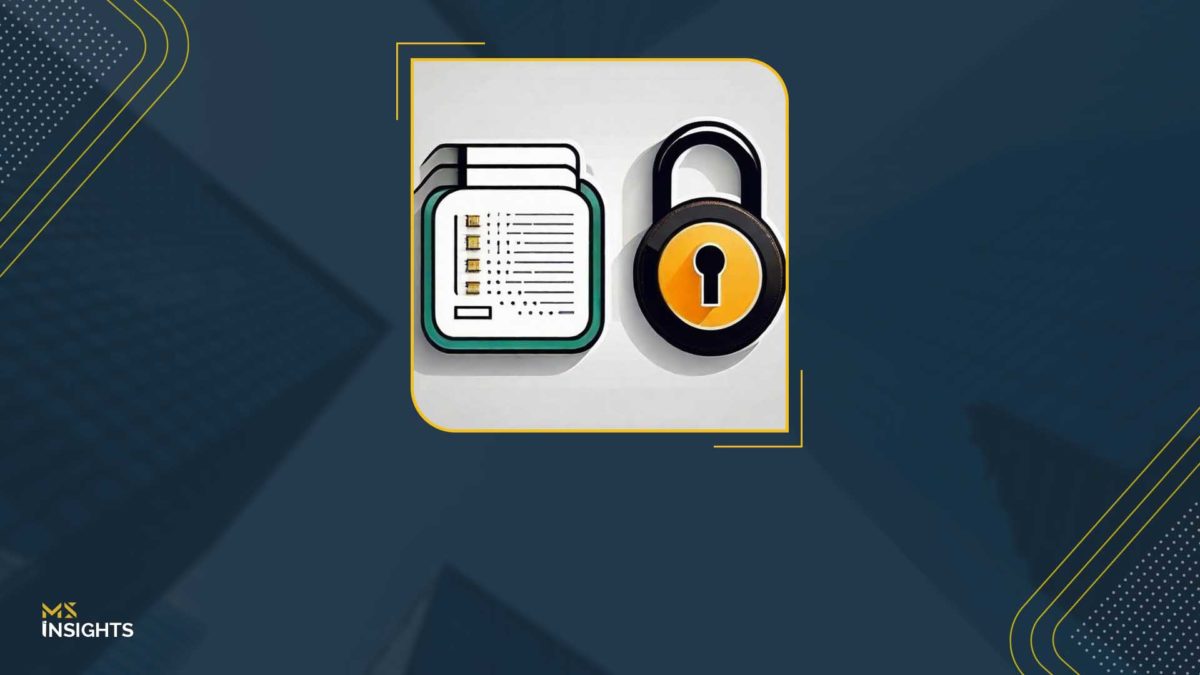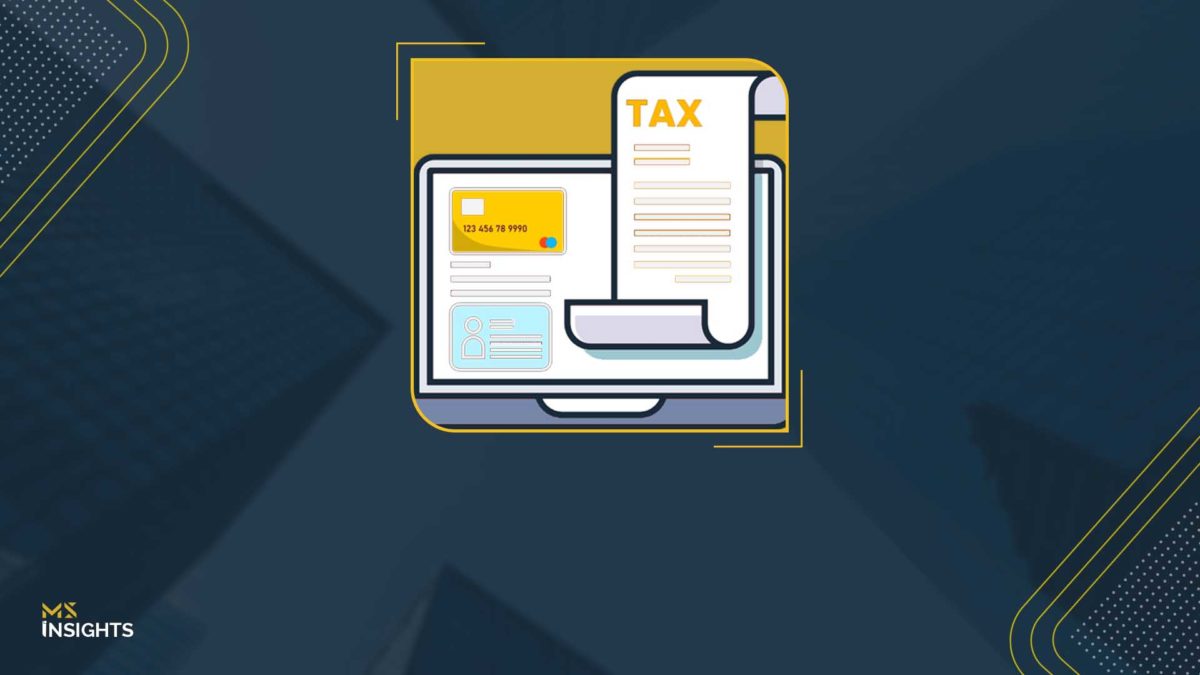In recent years, Dubai has firmly positioned itself as a global magnet for wealth and prestige, evolving into a powerhouse for family offices. With its world-class financial ecosystem, the emirate is now home to family offices overseeing assets exceeding a staggering $1 trillion. This meteoric rise of family offices in Dubai has been fueled by an influx of high-net-worth individuals (HNWIs) and ultra-high-net-worth individuals (UHNWIs) who recognize Dubai’s unique blend of opportunity, stability, and luxury.
But what makes Dubai the ultimate destination for family offices? Let’s explore.
Why setting up family offices in Dubai is the Go-To option for UHNWIs?
Strategic Location and Global Connectivity
Situated at the crossroads of Europe, Asia, and Africa, Dubai is a natural gateway between the East and the West. This geographic advantage is further enhanced by world-class transportation infrastructure, including Dubai International Airport (DXB), one of the busiest in the world, and Emirates Airlines, renowned for its global reach and premium services. For UHNWIs who often need seamless travel, Dubai offers unmatched connectivity to major cities worldwide.
Tax-Friendly Environment
The tax regime is one of its most significant draws for UHNWIs and family offices in Dubai. The absence of personal income tax and capital gains tax makes it an attractive destination for wealth preservation. Corporate tax benefits are also available, particularly for businesses operating in Free Zones like Dubai International Financial Centre (DIFC), which offer 0% tax on profits for specific periods. Coupled with transparent regulations and a pro-business government, Dubai is a hub for wealth optimization.
World-Class Infrastructure
Dubai is synonymous with modernity and innovation. Its skyline, adorned with architectural wonders like the Burj Khalifa and the Burj Al Arab, speaks volumes about its ambition. Exclusive neighborhoods such as Palm Jumeirah, Emirates Hills, and Downtown Dubai offer luxury living at its finest. Family offices in Dubai can enjoy access to these amenities, including five-star hotels, gourmet dining, and high-end shopping experiences, all within a safe and well-maintained urban landscape.
Business and Investment Opportunities
As a global business hub, Dubai presents opportunities for investment and entrepreneurship. Sectors like real estate, technology, finance, and renewable energy are thriving, providing fertile ground for UHNWIs to grow their wealth. Financial free zones like the DIFC robust regulatory frameworks for family offices in Dubai, ensuring a secure environment for business and wealth management.
Safety and Quality of Life
One of Dubai’s most appealing traits is its safety. Consistently ranked among the safest cities globally, Dubai provides UHNWIs with peace of mind. The city also boasts a high quality of life, with world-class healthcare, prestigious educational institutions, and a variety of cultural and recreational activities. Political and economic stability further enhances the appeal for family offices in Dubai as a secure place to live and invest.
Growing Ecosystem for Wealth Management
Dubai has become a hub for wealth management services, catering specifically to UHNWIs. Leading global banks, financial advisors, and family offices have established a presence in the city, offering services such as succession planning, estate management, and philanthropic consulting. This growing ecosystem ensures that UHNWIs have access to specialized services tailored to their unique needs.
Vibrant Cultural and Social Scene
Despite its reputation as a business hub, Dubai offers a rich cultural and social environment. The city hosts numerous art exhibitions, international film festivals, and exclusive networking events. Its cosmopolitan nature, with over 200 nationalities residing here, makes it an inclusive space where family offices in Dubai can feel at home while enjoying a vibrant social life.
Ease of Residency and Citizenship Options
Dubai’s residency and citizenship policies are another significant advantage. The introduction of the Golden Visa program has made it easier for investors, entrepreneurs, and high-net-worth individuals to secure long-term residency. Property-linked residency options also provide a straightforward pathway for family businesses looking to establish a foothold in the city.
How to Set Up a Family Offices in Dubai for Wealth Management and Legacy Planning?
Setting up a family office in Dubai offers UHNWIs a formal, regulated framework for efficient wealth management, governance, and legacy planning. The DIFC is often the ideal choice, providing numerous advantages and a robust infrastructure tailored to the needs of family offices. The first step is deciding whether to establish a Single or Multi Family Office and ensuring compliance with DIFC’s regulatory requirements, including the $50 million USD minimum net asset threshold. A DIFC Corporate Services Provider can be your partner in understanding the application process and handling due diligence. While a family office is ideal for those with complex asset structures, larger families, or those needing centralized governance, simpler structures like DIFC Foundations or Prescribed Companies may better suit families with less complex needs. Ultimately, the choice depends on the family’s objectives and financial situation.
MS: Your Guide to Establishing Family Offices in Dubai International Financial Centre
At MS, we specialize in helping UHNWIs establish and manage family offices within the DIFC. With a deep understanding of local regulations and a strong network of trusted partners, we guide clients through the setup process, ensuring compliance with DIFC’s requirements. Whether you’re opting for a Single or Multi Family Office or considering simpler structures like DIFC Foundations or Prescribed companies, MS provides tailored solutions to optimize wealth management, governance, and legacy planning for your family’s long-term success.









